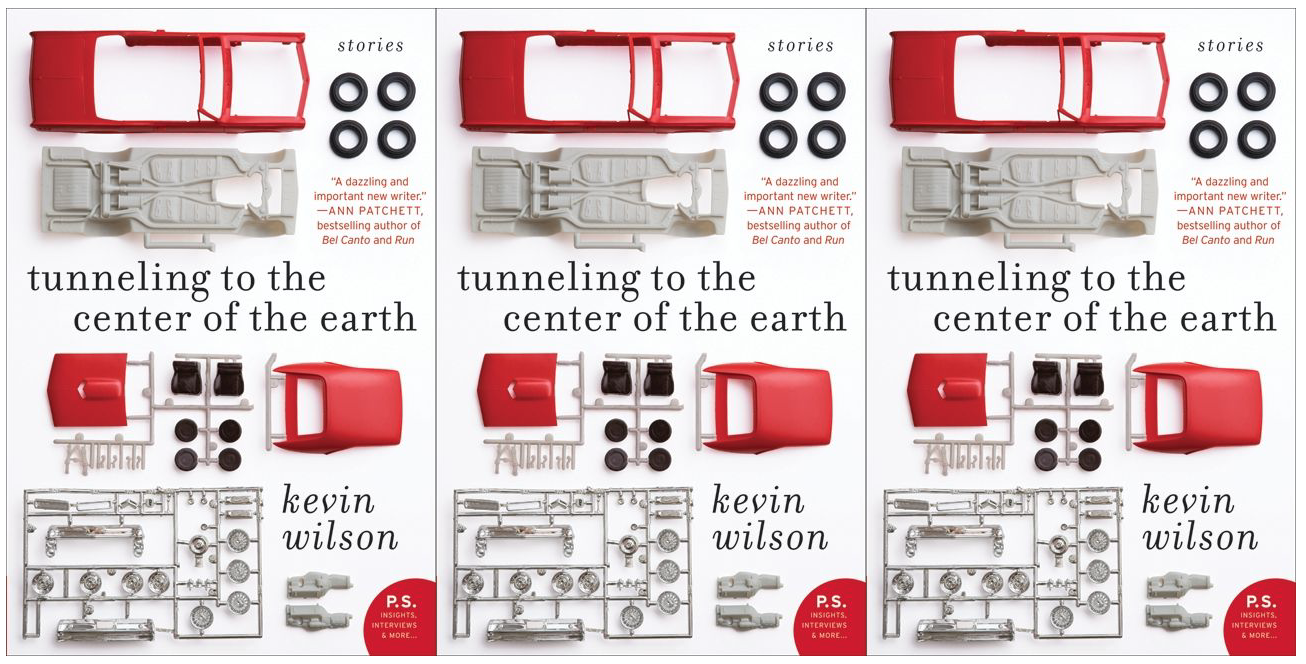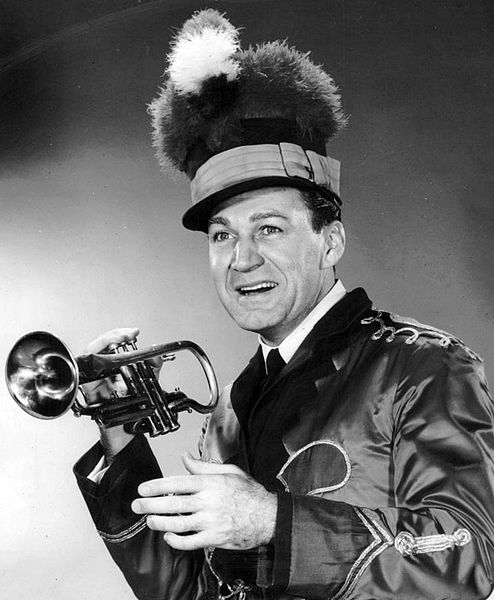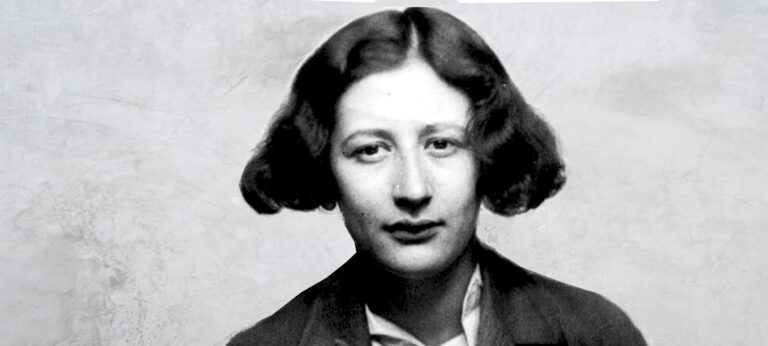An Interview with Kevin Wilson

One of the stories I would include in my anthology would certainly be Kevin Wilson’s “Blowing Up on the Spot,” which appeared in the Ploughshares Winter 2003-2004 issue. In considering writing about the story, however, I realized that instead of me talking about Kevin Wilson, it would be much more interesting for the world at large for Kevin Wilson to talk about Kevin Wilson.
I do, however, have to talk about him for a little bit, because Kevin is not the type of guy who would brag enough to suitably introduce himself.That said, there is no hyperbole for Kevin Wilson; I don’t have compliments big enough to give him. His short story collection, Tunneling to the Center of the Earth (Ecco/Harper Perennial, 2009), remains one of my favorites, as my students can attest. He’s been featured four times in the New Stories from the South: The Year’s Best and has received fellowships from the MacDowell Colony, Yaddo, and the KHN Center for the Arts. Kevin is one of the best literary citizens I know, supporting the short story by reading and submitting widely and through his work at the University of the South. He is approachable and helpful and hilarious and owns one of the best t-shirt collections on either side of the great Mississippi.
As Ann Patchett wrote in introducing Kevin as an emerging writer in Ploughshares, “The characters are people we almost know, and yet their lives are heightened, peculiar, both more dazzling and more tragic than our own.” Such is the case with his new novel, The Family Fang, a story of a family of performance artists and the effects this lifestyle has on the two children, Annie and Buster. As with much of Kevin’s work, he manages to combine comedy and drama so that each seems equally true. Literary fiction can be so straight-laced and serious that reading The Family Fang feels like sneaking a treat: here is a well-written, intelligent, and involving novel that’s also tremendously fun.
Kevin and I talked about The Family Fang but also his support system, his process, and the idea of kids killing art.
James Scott: I read that you began another project that you ended up dumping (quite unceremoniously from what its brother told me). Can you talk more about that? (How far along were you? How did you fall into the voice of The Family Fang? Did you have it in your back pocket when you decided to give up the first project?)
Kevin Wilson: I had 150 pages of a novel that just wouldn’t come together for me. It was very dark, very violent, and, though I would like to come back to it, just wasn’t playing to my strengths as I dug deeper into it. The problem, when I put it aside, was that I had no other ideas. So I went back to some failed short stories in the hopes that something interesting might be hiding in them. And I found a story I’d tried to write about a brother and sister who, because of how small their high school is, have to play Romeo and Juliet in the school performance. It never came together as a story, but I kept thinking more and more about that brother and sister, and I started to wonder what their parents would be like if they would allow their kids to kiss each other in a play. And that’s when The Family Fang really started to come together. And I found the voice of it fairly easy to walk into.
JS: You’re so prolific. When you’re working on a novel, do you keep working on stories? You must in order to keep up your Best of the South quota. How do you separate the two/three/four?
KW: I worked on stories when I would hit a wall with the novel, but as I got deeper into the book, I found it harder to move into short stories, and so I pretty much focused entirely on the novel for the last half of writing the book.
JS: Does the voice that’s in The Family Fang, which is similar to that present in some of your short stories, come to you naturally, or do you have to be in a specific headspace?
KW: It’s just my default voice, a lighter tone that slowly creates tension in the narrative. My language and syntax when I write is pretty straightforward, fairly simple, which is the way that I talk and the way that I think. Lightness and awkwardness is just how my voice works, so I try to take advantage of that.
JS: Do you have any writing rituals? I envy your ability to kind of stay in character, and I wonder if you have a method to it. You know, something I can copy. Is it eating pulled pork? I hope it is.
KW: I don’t write every day; I don’t even write every week. I tend to let things stay in my head a lot longer than I might need to, but I like keeping it all in my brain as long as possible until it becomes necessary to finally commit it to paper. I have a mild form of Tourette Syndrome where I have involuntary motor and verbal tics; in some ways, writing feels like that, the suppression of my strange desires until I can’t deal with it any longer, and I have to act upon it.
JS: Do you feel like you needed the training of short stories to write the novel?
KW: I think it certainly helped. It showed me how to work within a tight space, to make the sentences count. It helped me establish narrative and character quickly and get the engine running as quickly as possible. I don’t think you have to write short stories in order to write a novel (and in some ways it might hinder that need for expansion that the novel requires), but in my case it made me confident that I could perhaps use what was working in my short fiction and apply it to a bigger story.
JS: It seems like an amazing amount of fun to come up with some of these projects that the Fangs embark upon. Are you a fan of art? And this type of art in particular? I think especially of Chris Burden (the artist who had himself shot in the arm and later resigned from his teaching post when a student pulled out a pistol and played Russian roulette in class).
KW: I love performance art and interdisciplinary art. I like anything that plays with the conventions of what can and cannot be defined as art. When I was younger, I was really interested in artists like Chris Burden because it made me feel that perhaps anything I did, if I could make a case for it, would be an artistic enterprise. When you feel like you have no specific talent or ability, the idea that your own life could be an artistic project was interesting to me.
JS: There are a couple of references to your short stories (from Tunneling to the Center of the Earth) within the book (spontaneous combustion is a key element in one of the films Annie is in, and Caleb briefly tries digging to the center of the earth), and it was like watching Hitchcock walking on screen. Did they just appear or did you have a greater purpose behind including such elements?
KW: I actually did not realize the spontaneous combustion thing until this question. I was totally conscious of the tunneling to the center of the earth moment in the novel (and it seemed fun to put it in there), but in a lot of ways, similar things just seep into my writing. I believe I used the name Caleb (the patriarch of the Fang Family) in a short story from the collection. It wasn’t intentional. Perhaps I just have a limited amount of things I can do with fiction, and so I just try to recycle them until they become something different. I am not unhappy with that possibility.
JS: The last time we spoke in interview form, you described a childhood in which you were overwhelmed when you left the house. I was much the same. The Family Fang seems to be either a nightmare about what could happen or a fantasy of what could happen. I found the life of the Fangs extremely stressful. I think I would be one giant ulcer and weigh forty pounds. That’s not really a question, more of a statement that begs a response.
KW: I read in Greenwood, MS, for the book tour, and right before I read at Turnrow Books, the owner, Jamie, was introducing me, and a drunk guy kept complaining that he had been told that the book was non-fiction and that he only reads “real” things since he got out of prison. It was intensely unpleasant. The audience of about six people seemed really agitated and embarrassed. Jamie kept trying to get him to leave or shut up but the guy wouldn’t. Finally, Jamie started to call the cops, and then the guy and Jamie revealed that it had been a Fang performance and they had planned this chaotic performance. It was so weird. After that, the reading was anticlimactic. It was kind of amazing, but I think it showed me, once again, that I would have killed myself if I was a member of the Fang family.
JS: You thank Ann Patchett, Lou Boudreaux, and Julie Barer. Can you explain how they helped shape the book?
KW: Ann is one of my best friends and she’s one of the few people (aside from my agent and my wife) who read the book before I gave it to the publisher. She has done so many things to help me in my career, but she’s also helped me become a more capable and happy person.
Lee Boudreaux is my editor and was my editor on the book of stories. For the novel, it was a more intense editing process, so we spent a lot of time with each other, trying to figure out how to get this book to the place that it needed to be. She’s got a really good sense of how to fix something that seems off. She calls me Keb’n Wilson.
Julie Barer is my agent. She picked me up in 2007, I believe, and has been the main reason for any good things that have happened to me in my career. She is tireless and smart and savvy and is just an amazing person.
JS: There’s a refrain several times in the book, “Children Kill Art.” You had a child while writing this book. Discuss.
KW: I think it’s a common concern for not just artists but all people that the introduction of a new element (baby, spouse, TV series on HBO, in-home donut maker) into your life has the potential to ruin you. Of course, it can also open you up to the world in ways you couldn’t expect (donuts in the comfort of your own home), but there’s always the worry that you are disrupting your life in a way that could have bad consequences. For me, I really worried that having a child would negatively affect my writing, that I’d struggle to find the time and space to continue writing. It’s a concern for Caleb and Camille Fang.
Ultimately, I think, kids can kill art; they demand so much attention that it makes it harder to make time for other things. I think I will probably write fewer novels than I would have if Griff hadn’t entered into our world. But I also think that those novels wouldn’t have been very good if they couldn’t make it into the world because of other responsibilities. I think kids just kill bad art. The book that demands to be written will still be written, no matter what the circumstances might be. So, thanks, Griff. You’re a good kid.


